I’m always amazed at how few people realise that Australians have also fought in all the major international wars dating back to World War I. We’ve experienced immense tragedy like so many other nations over the insanity of human conflict. The lesser known Sandakan Death Marches are one such horrendous example. During World War II the Japanese empire was fighting the Pacific front. They sent their prisoners of war (POWs) to North Borneo. They’d set up a camp in Sandakan, the 2nd largest town in the Malaysian province of Sabah.

Australian POWs in Sandakan
Most of POWs at the camp were Australian, numbering around 1600. They were mixed with around 700 British men who had been captured when Singapore fell to the Japanese. The POWs were sent to Sandakan to build a strategic airstrip for the Japanese. Initially, the conditions were ok, but once it became known that the POWs were helping the local resistance, rations were cut. Conditions then became atrocious. Japanese soldiers forced POWs at gunpoint to work on the airstrip regardless of their health.
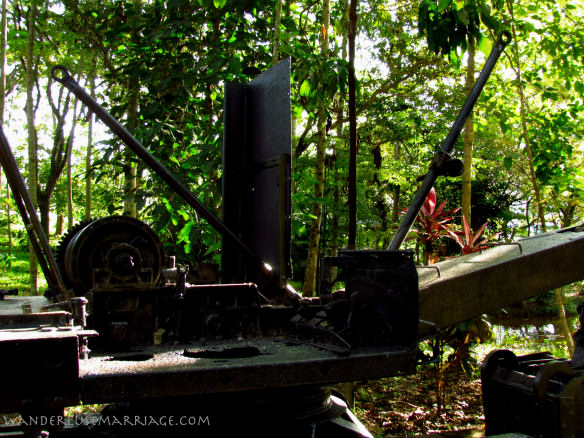
The second march left with 570 POWs and arrived with just 118 surviving the atrocious conditions. Many POWs didn’t even have boots. Rations were extremely limited, so it was easy to perish from starvation, disease and fatigue. The conditions at the new Ranau camp were no better, and many more deaths were still to come.
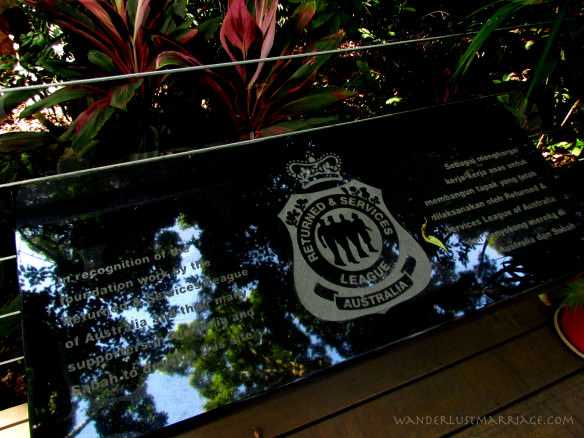
The Final Sandakan Death March Left Only 6 Survivors
The final Sandakan Death March involved just the weakest of the POWs and it was never completed as none made it to Ranau. A few remained in the camp, and were shot. Of the approximately 2345 POWs in the original Sandakan camp, only 6 survived…This is because those 6 men miraculously escaped. They were taken in by hospitable Malaysians who were also suffering from the occupation of the Japanese.
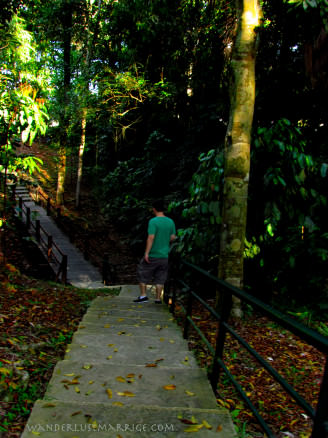
Organize a Taxi to Tour the Sandakan Memorial Park
To get there you will need to catch a taxi as it is outside the centre of Sandakan. If you pop into the Sandakan tourism office and let Elvina know you want to go there she will arrange a taxi for you. It will cost the equivalent of around €14 ($20 USD) roundtrip. The driver will also wait one hour while you explore the memorial. Also, Elvina is a wonderfully friendly resource. If you need to know anything about tours around the Sandakan area she stays on the daily beat of which areas tourists have recently seen endangered animals, like packs of pygmy elephants in the wild. And the entire Sabah region of Borneo is an amazing and enlightening part of the world.
Sandakan Memorial Park was extremely moving to both of us, and were glad we took a break from fun to experience it. Sites like these are one of the most amazing parts of traveling. Before our time in Borneo neither of us even knew what had happened in Sandakan.
In honour of ANZAC Day (Australia and New Zealand Army Corp). Lest we forget…
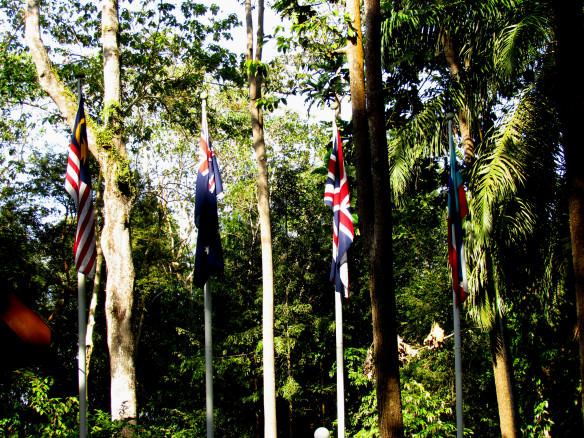

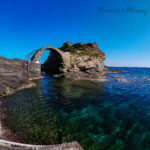



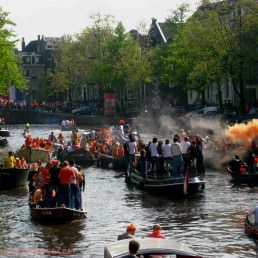 Happy King’s Day Netherlands!
Happy King’s Day Netherlands! 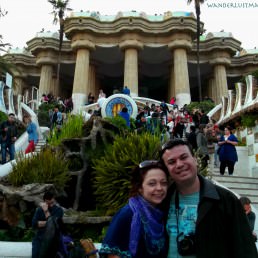 Barcelona Card Worth it to Explore the City?
Barcelona Card Worth it to Explore the City?